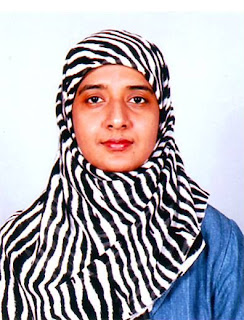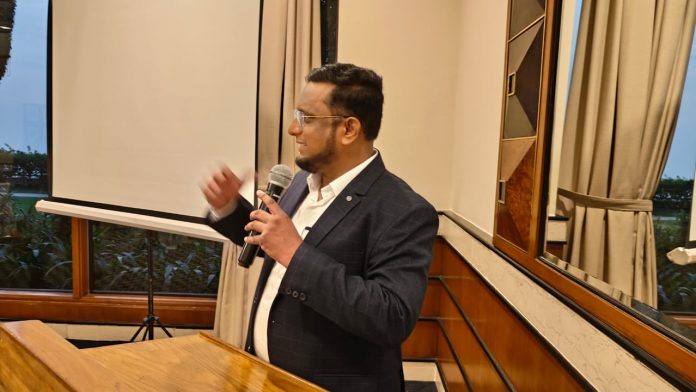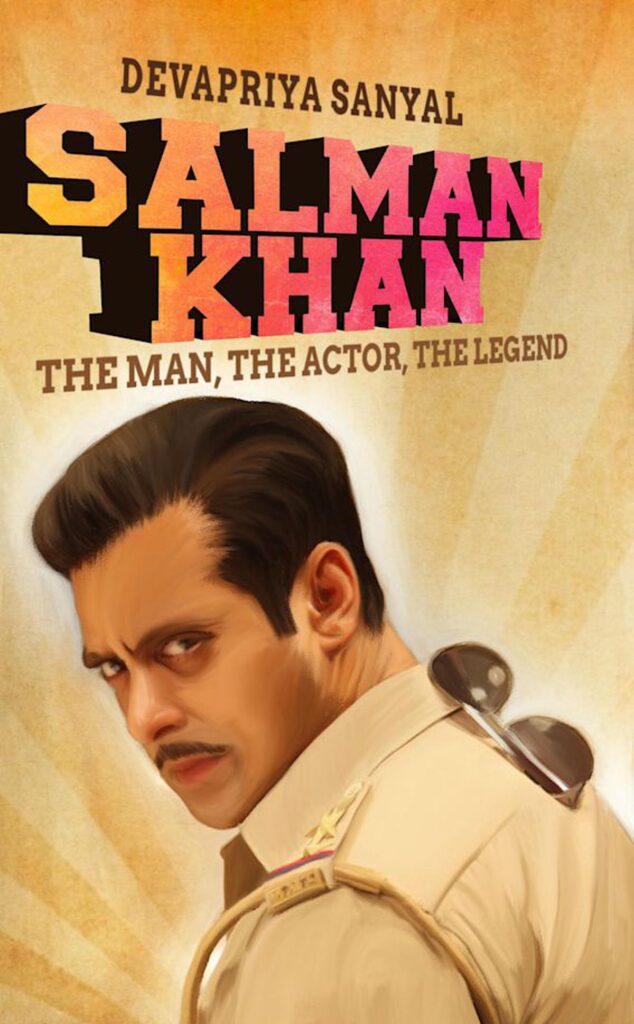Bengaluru, KARNATAKA:

Bangalore:
By her appointment as the member of the Karnataka State Wakf Board, a new chapter has been added to the history of the state where perhaps has never been a Muslim woman appointed on a statutory body like wakf board.
By profession a journalist and social activist Sheema Mohsin (36) is based in Bangalore.
She has been with “Spradha Prapancha” an educational magazine and All Rounder News Weekly.
Congratulating her on being appointed as the first woman member of the 11-member Wakf Board, TwoCircles.net asked her if she was taken by surprise at her appointment. Her answer was a simple No as she has been in the public field for long both as journalist and social worker.
She has been working in the areas of communal harmony, development of women, health awareness and awareness among backward classes.
She has been actively involved in creating awareness among the minorities about the schemes of Central and state wakf boards through the Institute of Research and Harmony (IRH).
She is the Secretary for Karnataka Chapter of Forum for Democracy and Communal Amity (FDCA), an organization formed in the post Babri Masjid demolition era by Justice Rajinder Sacchar, Swami Agniwesh and Kuldip Nayyar.
Being with FDCA she was part of fact finding committee into the riots which flared up in certain parts of Bangalore from January 19-21, 2007. Then FCDA submitted its report to the National Human Rights Commission.
Mother of three Sheema Mohsin is also the Convener of the Women’s Cell of Centre for Community Development (CCD).
She is also the Founder Secretary of Institute of Research and Harmony (IRH) and group leader of Humanitarian Relief Society (HRS).
At present among other social works, she is working with NIMHANS, a hospital in Bangalore.
She has also been actively engaged in providing awareness amongst the deprived classes and pursuing them to readmit the school dropouts, creating health awareness towards a better hygiene in the slums, conducted several free health camps for women and children.
Her mother Momina Naseer was the professor of Hindi Literature and also Principal of Al Hasnat Junior College, Bangalore. She studied literature in the college.
Not only this, she has a historical connection also. She said she is the great great grand daughter of Khumaiden Md. Ali, who was the Commander in Chief of Haider Ali.
The role of the man who appointed her as member of the state wakf board is not less. He is Mumtaz Ali Khan, Minority Welfare Minister of Karnataka.
“This is the first time in the recent government history of Karnataka that Muslim women are being given representation through their appointment on public post,” said Mumtaz Ali Khan to TCN.
The fact is that women constitute almost half of the total Muslim population in the country and also in the state. Who else will think about women’s development issue in a better way than the Muslim women themselves. They need to be given opportunities to raise topics pertaining to their problems and development, he reasons his decision to appoint Mohsin.
He further said that the person he has appointed is very dignified, reputed and hardworking social activist.
“Soon I am going to appoint not one or two but three Muslim women on the Tipu Estate Wakf Council, Shri Rangapatnam. I will also ensure that Muslim women are there on Minority Development Corporation,” points out the man.
Asked how he is going to address the conservative quarters of the community who are against this, the minister said, I will try to convince them. I told them when they raised questions on the appointment of Sheema Mohsin that I am not doing and I won’t do any thing against Islam. Whatever I am doing is sanctioned by Islam itself because Islam gives equal status to women.”
He said that the appointment has broken the stereotype, and made an initiative. It will go a long way in providing Muslim women of the state a representation and in their overall development itself.
Two.Circles.net learnt that there were some opposition of her appointment from a lobbying group named as the Waqf Protection Committee which recommended to the minority welfare minister the name of the Sajjadah Nashin of Gulbarga.
But largely it has been hailed as a historic and path-breaking decision when it comes to the representation of Muslim women, says Mohsin.In fact most of the Muslim scholars and religious organisations welcomed this historic decision.
TwoCircles.net talked to Syed Tanweer who is associated with Jammate Islami( JMI) and Muslim Muttahida Mahaz (KMMM),which is a conglomeration of JMI and Jamiatul Ulama Hind and others.
He welcomed her appointment as a “historic” and progressive and as the need of modern times.He appreciated her merit and her work in the social sector
Apparently agitated at the sheer lack of logic in opposing the representation of Muslim women, she pointed out that it doesn’t make any sense in keeping Muslim women isolated form such posts.
After all women constitute about 50% of the total Muslim population. Only women can understand the seriousness of women’s problems. In that case she questions,”who else will raise their problems and issues which concern them, if not they themselves, And that is not going to happen if they are not given proper representation.”
She said that on the issue of empowerment of Muslim women, the traditional quarters have always squirmed. There hasn’t been much work in the area. There is an urgent need to empower them on every level through the tool of empowerment like education, creating awareness among them about their rights.
What is also important that they be given representation at the higher decision making bodies, so that they should raise the problems of Muslim women at that level. This is how they will be able to influence and formulate the policy making so that the concrete decisions would be made for their welfare and development.
She said, “it should be kept in mind that if we are working for the development and empowerment of Muslim women it is actually the community itself which is being empowered and developed.”
She said that she wants to congratulate Dr. Mumtaz Ali Khan that he realized this need to work for the cause of Muslim women.
But what are the ways through which she is going to serve the interests of Muslim women.
She said that there are so much of Wakf properties which are going simply waste. They are not put to good and beneficial use.
What we can do is that they should be used to generate money. And this money can be used to uplift Muslim women.
She said that why every time we need to ask for the funds from the government when to an extent we can ourselves generate money if the Wakf properties are properly put to use.
So she wants to push the Wakf Board in this direction.
Until and unless women are empowered, how can you expect these women who are actually enslaved and helpless, to produce children who are on par with the merits of Sir Syed Ahmad khan and Moulana Azad.
It seems that her question is to all those who are against the idea of women on the key posts.
It is quite revealing here that her appointment is a part of the efforts to provide representation to women on higher posts. But actually this representation is not at all satisfactory as Sheema Mohsin will be a lone member of an 11-member Wakf Board.
Will she be able to break the stereotyped mindset It is early to say. TwoCircles.net wishes her all the best in her mission.
(Sheema Mohsin can be contacted at sheema.mohsin@gmail.com)
source: http://www.twocircles.net / TwoCircles.net / Home> Indian Muslim / by Md Ali, TwoCircles.net / September 11th, 2008










